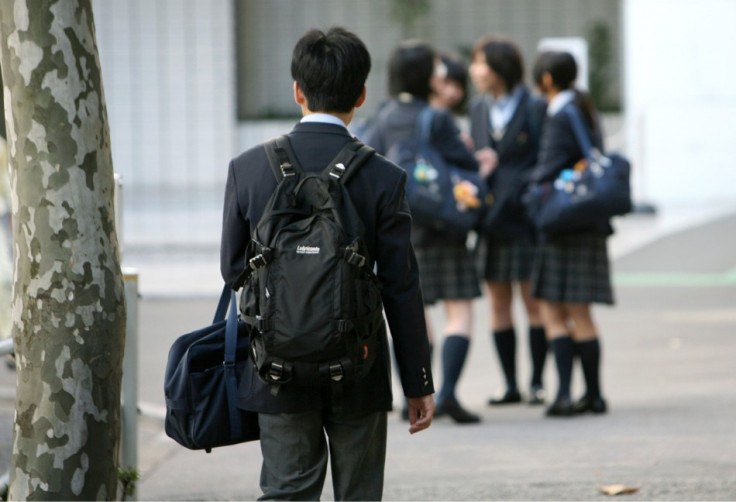Childhood Sexual Abuse Linked To Early Menstruation

Childhood physical or sexual abuse has an impact on the age at which young women start their menstrual cycles, according to a study by Boston University School of Medicine. Researchers have established that children who encountered sexual abuse are more likely to attain menarche at an early age, while girls who have been subjected to physical abuse are likely to experience late menarche.
The researchers conducted their study among 68,505 participants who had enrolled in the Nurses' Health Study II. They investigated the association between childhood physical and sexual abuse and menarche before the age of 11 (early) or after age 15 (late) using multivariate logistic regression analysis.
The study found that 49 percent of women who had reported sexual abuse in childhood had experienced early menarche. Additionally, 50 percent of women who had reported physical abuse in their childhoods started their periods after the age of 15.
"In our study, child abuse was associated with both accelerated and delayed age at menarche and importantly, these associations vary by type of abuse, which suggest that child abuse does not have a homogenous effect on health outcomes," said Renée Boynton-Jarrett, MD, assistant professor of paediatrics at Boston University School of Medicine.
"There is a need for future research to explore characteristics of child abuse that may influence health outcomes including type, timing and severity of abuse, as well as the social context in which the abuse occurs."
According to the researchers, child abuse continues to take its toll throughout a lifetime. Early menarche can lead to cardiovascular disease, metabolic dysfunction, cancer and depression in later life, while late menarche can cause lower bone mineral density and depression.
"We need to work toward better understanding how child abuse influences health and translate these research findings into clinical practice and public health strategies to improve the well-being of survivors of child abuse," said Boynton-Jarrett.
Nearly one quarter of young adults are believed to have experienced sexual abuse during childhood. In 2010 and 2011, more than 23,000 sexual offences against children aged 17 and under were recorded in England and Wales, according to the UK charity the National Society for the Prevention of Cruelty to Children.
© Copyright IBTimes 2024. All rights reserved.





